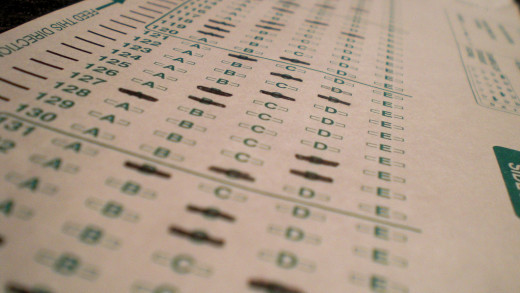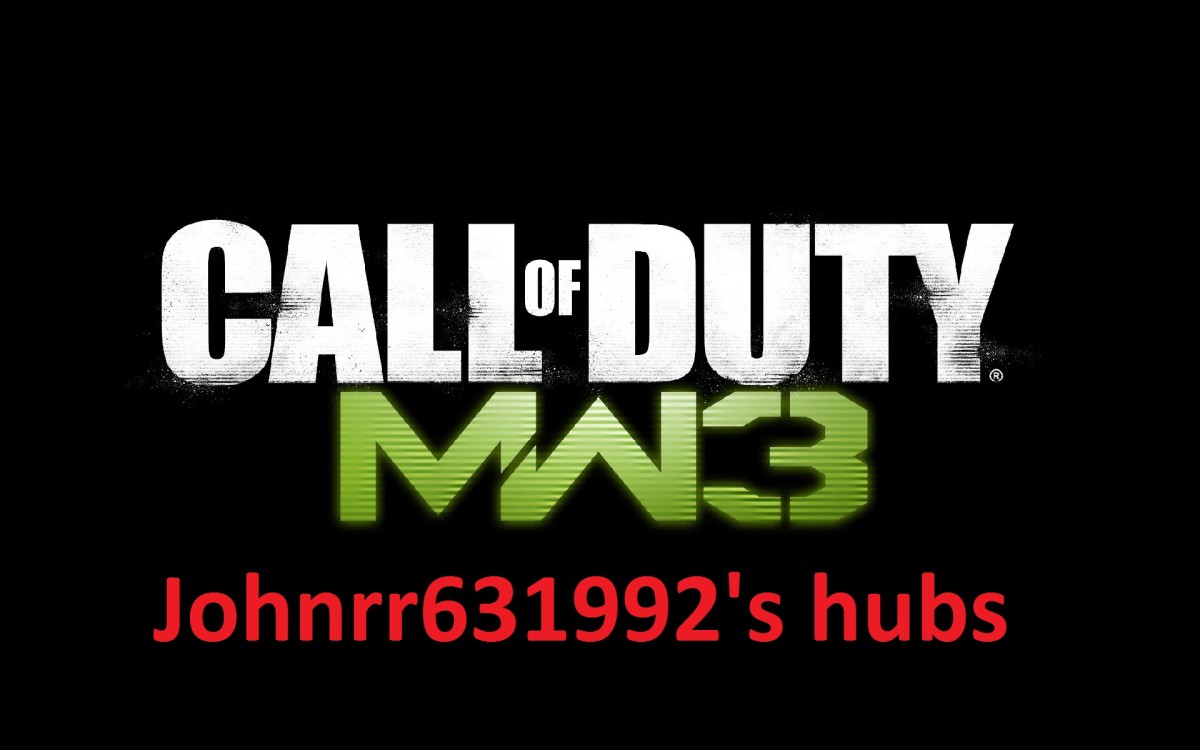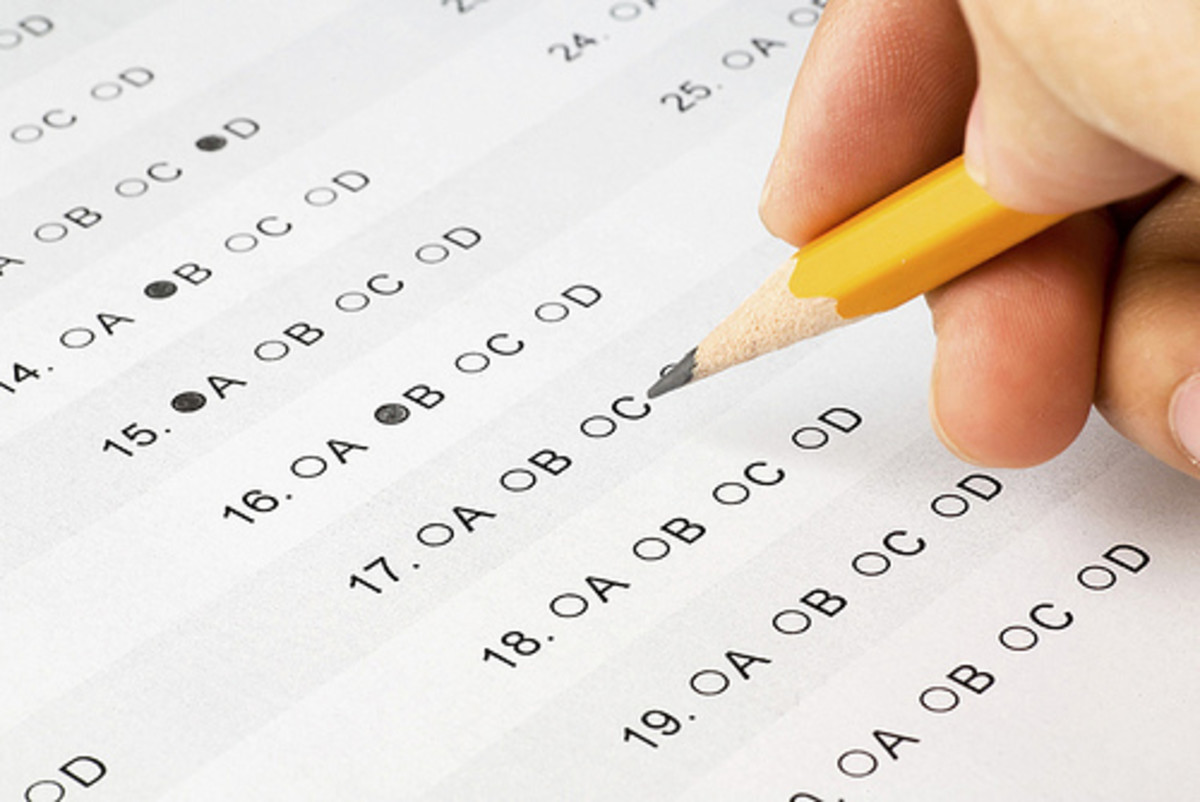How to Study for a Test the Night Before

When I was in school I remember being a little lost with how I was supposed to study for a big test. Eventually I began to home in on the methods that worked best for me, and I used these strategies throughout my schooling days, all the way through college!
I hardly ever studied nights in advance, even if it was the big finals test. I found that studying the night before, right before going to bed to work the best for me. I remembered the information better and I wasn't panicking nights in advance trying to remember information as I forgot it throughout the day.
One word of caution when studying the night before: be sure to get some rest! You don't want to be tired and exhausted as this will drain you and you're more likely to make silly mistakes if you're sleepy.

Create or Use a Study Guide
This is probably the most important part of studying for a test. If you don't have some sort of direction or have an idea of what's going to be on the test, how can you know where to start and what's important?
Usually teachers will give you a guide or some indication of what is going to be on the test. Even if it's just a general it's going to be over everything we have covered in this unit, it's at least an idea. Generally speaking if it's an end of the year test, using previous tests will be helpful, as well as any previous guides your teacher has given you.
Write Out a Study Guide
If you've been given an actual study guide with fill in the blank answers, you're all set to go! If, however, you are only given just general words and definitions to remember, it's time to write them all out. This might seem like a pain, but having everything you need to know on one piece of paper is so beneficial and one of the best ways to remember information is to write it down! You'll not only be making it easier on yourself, but you will have already started studying just by making your study guide.
Music to Help You Study
Studying to Background Music
If you're the kind of person that hates silence, you may find that studying to music is both relaxing and beneficial to your study sessions. Just having something to break up the silence can have a tremendous effect.
Be weary about studying to music with lyrics or songs that you'll want to sing along to. Try picking music that won't be distracting and allow you to feel calmer and less stressed out about the test. Soundtracks, classical music and nature sounds are a good choice.
If you're looking for some music to try out, you can easily search mixes that are already made on YouTube.

Break Studying into Sections
One of the most boring and tedious parts about studying is just spending hours in the same position, doing the same thing over and over again. This is especially true if it's something that you're struggling to remember.
Break your study section into chunks or give yourself breaks in between. This is a fantastic way to keep yourself interested and absorbing the knowledge that you're learning and trying to remember.
Watch TV or Read a Book
This was my favorite method of study while I was in school. Not only did I study and remember the information better, but I also actually enjoyed studying.
The trick is to study every time you finish a chapter or every time a commercial comes on TV. This breaks up the tedious studying and helps your mind remember the information.
Taking a short walk or jogging can also help boost your brain and help your study session.
Which Test Taking Strategy Should I Try?
Auditory Learner
| Visual Learner
| |
|---|---|---|
Notecards
| x
| |
Whiteboard
| x
| |
Study Partner
| x
| |
Copying Notes
| x
|
Online Note Cards
If you don't want to use physical notecards or prefer to use some notecards that have already been made up, there's a handy website called Easy Notecards that has a library of readily available notecards and it also allows you to create your own.
Studying Strategy: Use Notecards
Pros: Ability to shuffle the definitions/dates into a random order so you don't memorize the answers in order.
Cons:Best used for definitions and dates rather than concepts or broader information.
Using notecards is probably one of the more praised methods of studying. Personally, I never found them very helpful, but I thought I would give a brief explanation as everyone has their own ways that they learn. Some methods work better for other people, so if notecards don't work for you, try something else.
This method of studying works best for definitions. The basic idea behind it is to write a term on one side of the notecard and then write the definition on the back (this also works if you write a date on the back of the card and the place or event on the front). When you look at the term you'll think of the definition or date and then flip it over to check if you're right.
I would recommend having two piles. One for the cards you already know and one for the ones you don't know. This allows you to spend more time on the ones you don't know.
Studying Tip: Studying What You Don't Know
While this one may seem obvious be sure to not waste time going over the same definition that you already know. If you're using notecards, be sure to put the ones you know in a pile and the ones that you don't know in another pile. Spend more of your time on the ones you don't know and move over the ones you learn into the ones you already know.
Be sure to go over the pile you already know as well, but focus on learning what you don't remember first.
Studying Strategy: Use a Whiteboard
Pros: Helps eliminate terms that you already know and allows you to see how much you're remembering. Give you a physical space for the definition of that term (helpful for visual learners).
Cons: Be weary to not memorize based on position on the board or in order of the terms listed. You'll end up having to try to remember the position on the board for a correct answer (although this is helpful for visual learners!)
This is an alternative to using notecards. Instead of placing the definitions or terms on cards, write them out on a whiteboard. You'll keep the answers on a separate piece of paper.
Once you learn a term and feel confident about it, erase it off the board.

Studying Strategy: Studying with a Friend or Parent
Pros: Terms and definitions are read off in a random order. This eliminates potential cheating on your end by already knowing what comes next on the study guide.
Cons: You may feel more pressure or anxiety not knowing the answers because you're trying to recite them in front of someone else.
Another popular way of studying is to do it with friends or family. Essentially you give them your study guide and ask them to quiz you. This is a good way to refresh your memory after you've already done some studying on your own.
It's also helpful for not feeling stressed out and helps with productivity. Instead of being alone for the time you would be studying, you may find comfort knowing that someone else is there with you.
Studying Strategy: Copying Notes
Pros: Faster absorption of knowledge through writing.
Cons: Very tedious and may cause you to remember things in an order (which is good for visual learners).
Okay, this one is a little crazy, but I used to do this in middle school because I struggled with remembering definitions. Basically all you do is copy your notes, over and over, and over and over again. It's flat out boring, but it did help me learn the definitions that I was struggling with.

10-Minute Refresher Before the Test
This is an essential step to studying. Right before you take the test, on your break, in-between classes, or even after the previous test is finished, you should go over your study guide that you made the night before. This helps refresh your memory and makes sure that the information is fresh in your mind.
I've also found that this really helped with my test anxiety. Instead of freaking out and thinking I've forgotten everything I studied, I would look over my notes and reassure myself that yes, I did in fact have the knowledge in my brain to ace the test.
What studying method works best for you?
Know When to Take the Hit and Move On
Occasionally when studying, there will be one fact or one date that you can not remember for the life of you. I've found that instead of stressing over that one date or person's name that it's actually more beneficial to just know that if that question is on the test, you'll just not be able to get it right.
This is especially helpful if there is a lot of information to know for a test and the teacher has stated that it may or may not be on the test. Instead of wasting time on something that you can't seem to remember use your energy instead toward remembering other information that you will remember.

Closing Advice
Studying is all about finding what works best for you. What makes you feel like you're learning the knowledge efficiently? You want to make sure, above everything thing else, that you're not just wasting your time if you know that nothing will be remembered the next day.
You may have to try out a few studying techniques and fine tune them to you. It might worked better for you to study multiple nights or to study in the morning. Just remember that taking a test is all about knowing how to remember what you already have learned.








